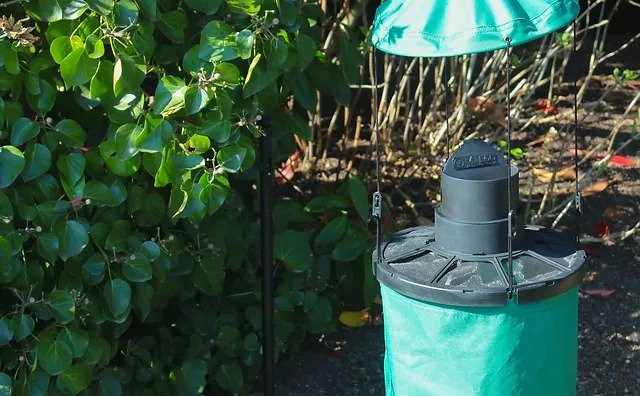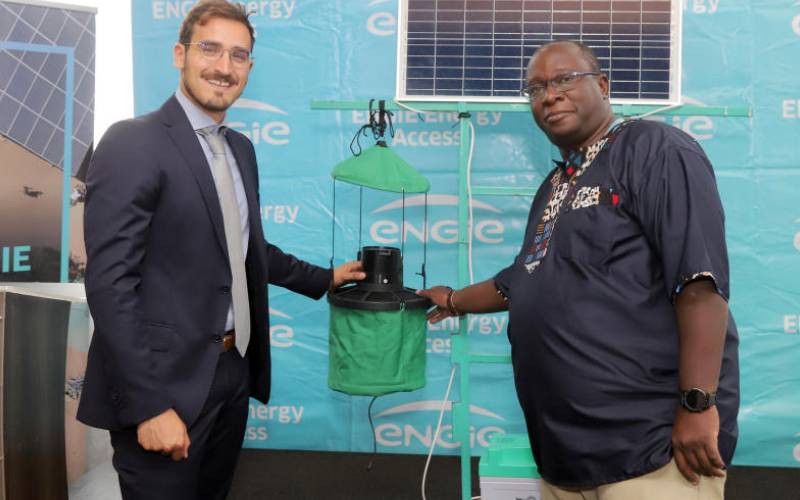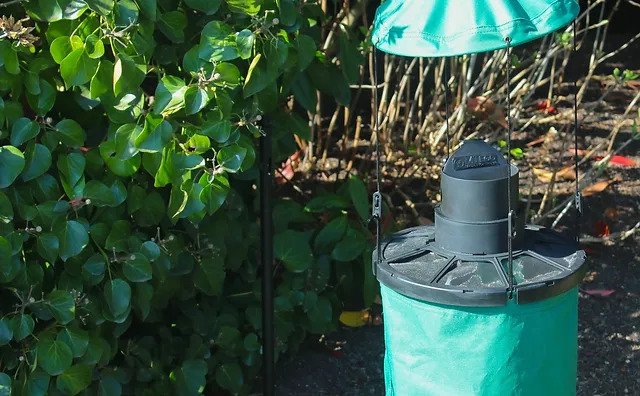
Renson Mwakandana
To eradicate the disease that claims hundreds of lives in Kenya each year, malaria-causing mosquitos will be caught before entering homes.
This comes after Engie Energy Access and Premal teamed up to introduce the “MTego” solar-powered trapping system in Kenya. The procedure makes no use of pesticides.
The new vector control system, according to Fredrick Noballa, director of Engie Energy Access nation, is accessible, makes use of renewable energy, and transforms rural livelihoods.
The technique of the odor-baited trap uses a counter-airflow approach, which uses an electric fan to produce suction and release an aroma plume, to mimic human traits to attract mosquitoes.

Mosquitoes that follow the scent plume to their source are drawn into a catch pot and killed by dehydration when they arrive. The 12V-powered MTego offers an appealing range of 100 square meters when properly positioned.
“Malaria causes an enormous drain on African economies, with countries spending huge sums of resources for the control of malaria. These resources could instead be devoted to other productive sectors,” Noballa remarked.
The World Health Organization (WHO) estimates that 241 million cases of malaria are reported annually in the world. 627,000 of the estimated numbers are reportedly related to fatalities.
95% of cases and 96% of fatalities related to malaria occur in Africa, where a significant portion of the global burden is borne. About 80% of all malaria deaths in the area are reportedly caused by cases involving children under the age of 5.

The Centers for Disease Control say that Kenya has 10,700 annual fatalities and 3.5 million new clinical cases of malaria. Co-founder of PreMal Lorenzo Fiori highlighted that the odor’s constituent parts are harmless to people.
Fiori stated that: “The odor is based on components present in human sweat and is highly attractive to all human-biting mosquitoes but imperceptible to human beings.”
RELATED




